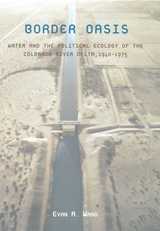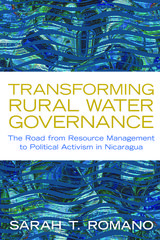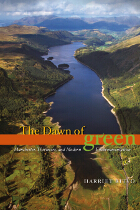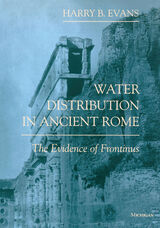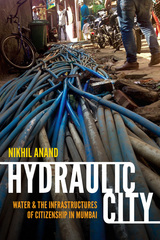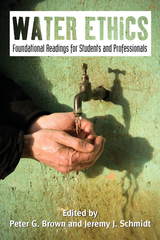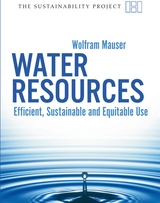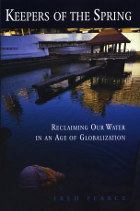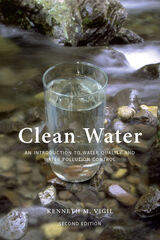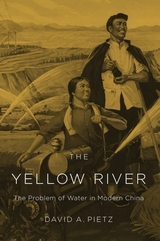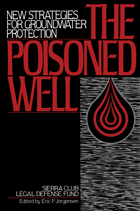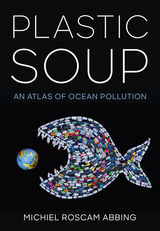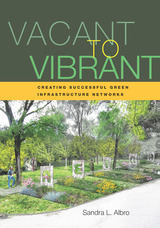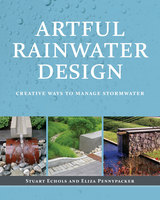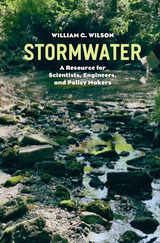Cloth: 978-0-674-57825-8
Library of Congress Classification TD365.M6
Dewey Decimal Classification 333.9100184
This volume is the latest research report from the Harvard Water Program in the series that began with Design of Water-Resource Systems and includes Simulation Techniques for Design of Water-Resource Systems and Streamflow Synthesis. The emphasis is on the systems analysis of the control of water quality in a river basin or watershed. Classical methods such as low-flow augmentation are analyzed as well as novel ones such as instream aeration and piping of effluents from their point of origin to less harmful points of discharge. Particular attention is paid to the economic evaluation of the methods studied and to the resolution of the political conflicts that are likely to arise in a situation where the costs of combating pollution are borne by different people from those who benefit from the improvement.
The main thesis is that the technical, economic, and political aspects of water quality management have to be considered together in the search for effective, economical, and politically acceptable solutions to the problems of deteriorating water quality. Some practical methods for integrating these diverse considerations in a systems analysis are presented.
See other books on: Dorfman, Robert | Economics | Mathematical models | Thomas Jr., Harold A. | Water quality management
See other titles from Harvard University Press

